Get to know fellow therapist Blake Roberts as he shares his insights on mental health, overcoming fear, and cultivating curiosity and compassion. Blake shares his vision of building a community for men struggling with internal issues. He emphasizes the importance of creating a safe space where men can share their experiences and support each other. Plus, we chat about discovering the power of compassion and curiosity in healing past wounds. This episode reminds us that we all need a community to lean on during difficult times.
Meet Blake Roberts, LMFT
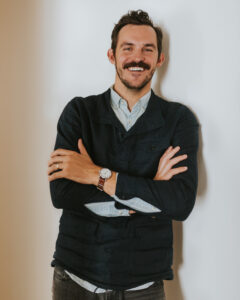 Blake is a therapist in private practice in Nashville, TN where he lives with his wife. Blake is also a writer, photographer, drummer, former college football player, the Enneagram says he’s a 9, and most importantly he’s a girl Dad – expecting their first baby in July.
Blake is a therapist in private practice in Nashville, TN where he lives with his wife. Blake is also a writer, photographer, drummer, former college football player, the Enneagram says he’s a 9, and most importantly he’s a girl Dad – expecting their first baby in July.
He works mostly with men in his practice guiding them through trauma, unwanted behaviors, relational issues, spiritual abuse, and more. He helps engage the nuances and complexities of their stories to find beauty, meaning, and growth.
Cultivating Curiosity and Compassion: A Path to Well-Being
One of the main themes in this podcast is the importance of approaching oneself and others with curiosity and compassion. He emphasizes that to be kind and compassionate towards others, one must first learn to be kind and compassionate to oneself. This means being aware of one’s own inner dialogue and being able to extend kindness and compassion towards the parts of oneself that are despised or ashamed of.
Breaking the Silence: Men and Trauma
Blake also notes that trauma can impact individuals in various ways and that creating a safe and non-judgmental space for men to explore their feelings and experiences is essential. He encourages men to get curious about their emotions and to be with them in a kind and compassionate way. This approach allows men to gain new narratives and not just continue to push through and try to change their behaviors.
Furthermore, Blake’s approach to helping men heal from trauma is systemic, as he views individuals as impacted by their family system, directly and indirectly. He allows men to connect the dots between what is going wrong in their lives and their narratives around why these things are happening. By exploring these stories with curiosity and compassion, men can gain new insights and perspectives on their experiences.
Taming Your Emotions: A Guide to Using Language to Your Advantage
Blake emphasizes the importance of having language around our emotions and experiences to understand better and communicate them. He notes that if we don’t have language around what we’re feeling, it’s hard to communicate it, and we may only be able to express a sliver of what we’re experiencing; this can lead to anger, resentment, or frustration, which may not accurately reflect what’s happening inside us.
Blake notes that emotions and trauma are stored in our bodies, and our brains try to make sense of them with the knowledge that we have. We can better understand and process our emotions by learning to name and identify them. However, if we have the language to understand and communicate these experiences, we may be able to make sense of them and may even lock them away. This is especially true for men, who may have grown up in environments where emotions were not discussed or were seen as weak.
Don’t React, Respond: Stay Calm and In Control When Threatened
Men need to respond rather than react to threats. Our brains are wired to respond to perceived threats in a fight, flight, or freeze response, but this response is often inappropriate for the situation at hand. Our brains can’t distinguish between a bear and a deadline, meaning that we may react to non-life-threatening situations as if they are life-threatening.
Learning to respond rather than react requires mindfulness and self-awareness. We must learn to identify when we are reacting out of fear or anger and take a step back to evaluate the situation and our options. One helpful tool is to ask ourselves if the situation threatens our life or our lifestyle. We can approach it with a more measured response if it is merely a threat to our lifestyle.
Find out more about Blake’s work:
Website: https://www.blakerobertscounseling.com
Newsletter: https://view.flodesk.com/pages/61bfc41a14ec6db2d2b5341b
Instagram: https://www.instagram.com/blake.the.counselor/
Sign up to receive email updates
Enter your name and email address below and I'll send you periodic updates about the podcast.
About
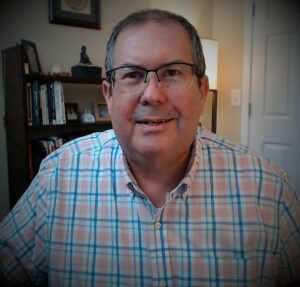
L. Gordon Brewer Jr., LMFT |Podcast Host – Gordon has spent his career in helping professions as a licensed therapist, counselor, trainer, and clergy person. He has worked with 100’s of people in teaching them the how to better manage their emotions through self-care and the practices of kindness and compassion. Follow us on Instagram and Facebook . And be sure to subscribe to our newsletter.


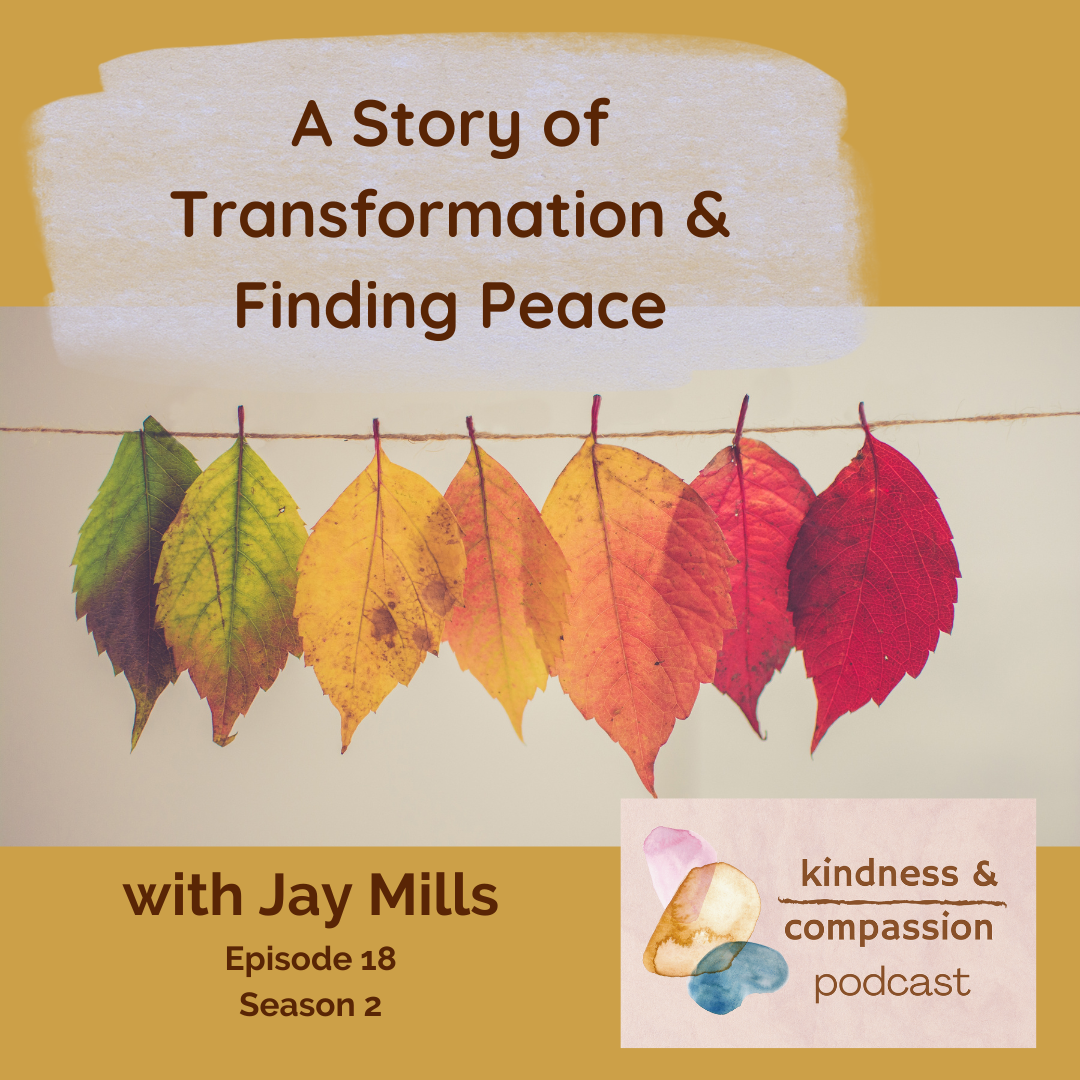
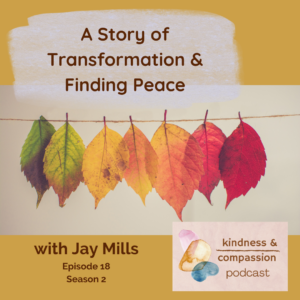
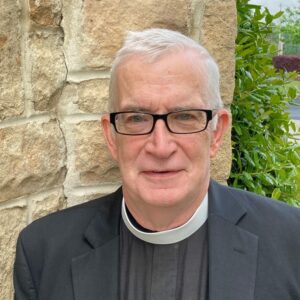 The Rev. Jay Mills was raised in a middle-class home with parents that were reasonably good parents. And I ended up getting sexually assaulted when I was 12 years old, and my life very quickly unraveled. Jay started doing drugs and alcohol heavily. He ended up being addicted very young. He was also a really angry kid with a lot of violence. He lived that way until he was about 21, where he went through a conversion through the ministries of Campus Crusade for Christ. While he does not agree with their theology now, he says “I owe them my life cause as I’ve often said, if I waited for the Episcopal Church to evangelize me, I’ve died in a drug house.
The Rev. Jay Mills was raised in a middle-class home with parents that were reasonably good parents. And I ended up getting sexually assaulted when I was 12 years old, and my life very quickly unraveled. Jay started doing drugs and alcohol heavily. He ended up being addicted very young. He was also a really angry kid with a lot of violence. He lived that way until he was about 21, where he went through a conversion through the ministries of Campus Crusade for Christ. While he does not agree with their theology now, he says “I owe them my life cause as I’ve often said, if I waited for the Episcopal Church to evangelize me, I’ve died in a drug house.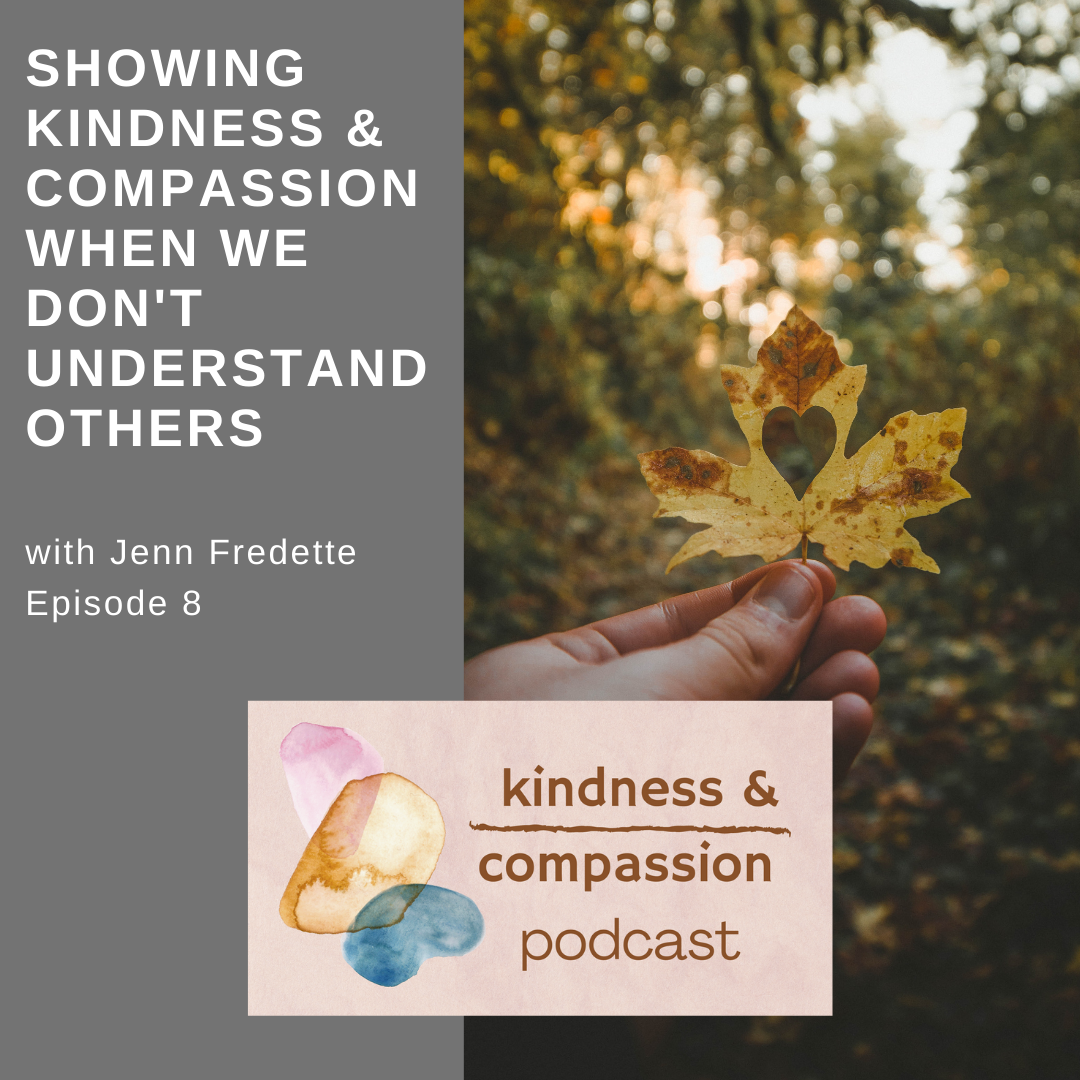
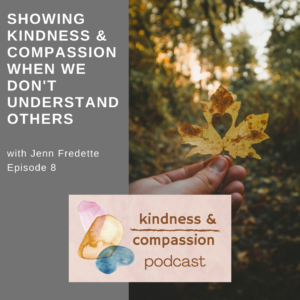 In this episode Gordon talks with Jenn Fredette, LPC, MA, MDiv, about being vulnerable, being human and coping with people we just don’t agree with. Jenn shares her experience of having come from a very conservative religious background (“cult”) and the ways in which she has grown and healed since then. Jenn and Gordon also talk about how being present with and for people is an act of kindness and compassion.
In this episode Gordon talks with Jenn Fredette, LPC, MA, MDiv, about being vulnerable, being human and coping with people we just don’t agree with. Jenn shares her experience of having come from a very conservative religious background (“cult”) and the ways in which she has grown and healed since then. Jenn and Gordon also talk about how being present with and for people is an act of kindness and compassion.
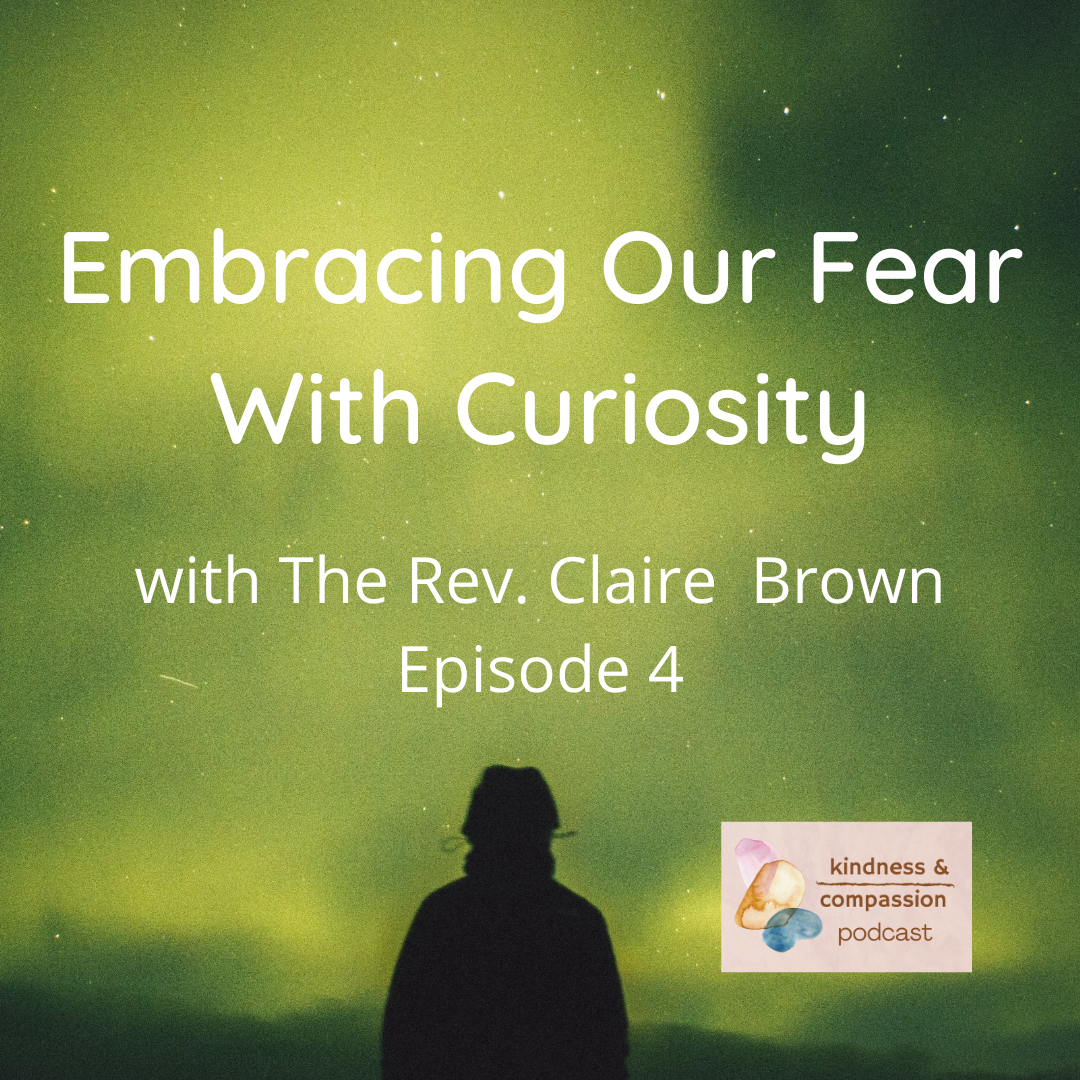
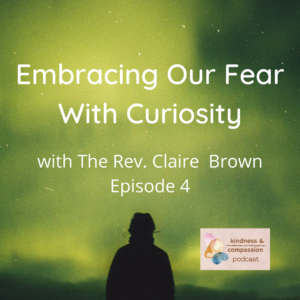 As counterintuitive as it sounds, does embracing our fear help us to show more kindness and compassion? In this episode of the podcast I am joined by The Rev. Claire Brown as we discuss her thoughts on befriending and being curious about our fear as a way to show self-compassion and empower ourselves.
As counterintuitive as it sounds, does embracing our fear help us to show more kindness and compassion? In this episode of the podcast I am joined by The Rev. Claire Brown as we discuss her thoughts on befriending and being curious about our fear as a way to show self-compassion and empower ourselves.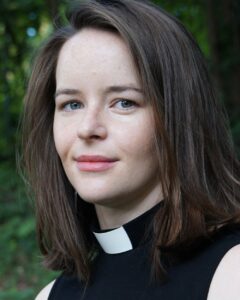 The Rev. Claire Brown is an Episcopal priest, writer, facilitator, and spiritual director. Claire is the author of numerous articles and book chapters, and is the co-editor of
The Rev. Claire Brown is an Episcopal priest, writer, facilitator, and spiritual director. Claire is the author of numerous articles and book chapters, and is the co-editor of